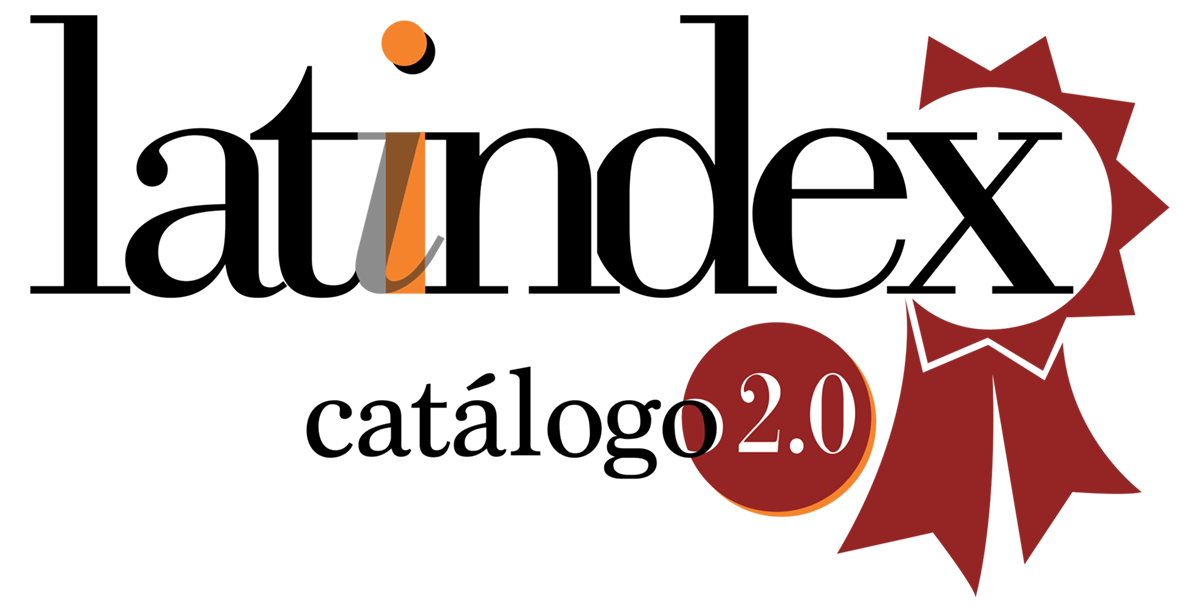Initial investigation and the equality of the parties within the mexican criminal process
DOI:
https://doi.org/10.62407/rces.v4i4.120Keywords:
Criminal law, investigation, equality, parts, processAbstract
It is based on the premise that equality between the parties is an essential principle of criminal procedure that seeks to guarantee a fair and equitable trial for all parties involved. Therefore, it is analyzed how this principle is fulfilled in practice, taking as an example the judicial districts VII and XII of the state of Jalisco in Mexico. To this end, a study with a qualitative approach is carried out, through the review of Mexican legislation on criminal matters and the participation of litigants and public ministries of the study area is analyzed, which shows the lack of equality between the parties in the initial research phase. It is concluded that, although the Mexican adversarial criminal system has equality between the parties as one of its fundamental principles, in practice there are inequalities in the initial investigation stage, where the defense has limitations in access to information and resources, which generates an asymmetry in the criminal process. Finally, with this study, a reform to articles 218 and 219 of the National Code of Criminal Procedures is proposed as one of the possible solutions to the problem, to achieve equality between the parties in the initial investigation stage, in which it is established clearly the scope of the rights and obligations of the defense at this stage and thus guarantee their access to the information and resources necessary for an effective defense.
Downloads
References
Carbonell, M. (2003). Estudio Preliminar. La igualdad y los derechos humanos. En Carbonell, M. (2003) (compilador). El principio constitucional e igualdad, lecturas de introducción. Comisión Nacional de Derechos Humanos, México.
Carroca Pérez, A. (2005). Manual el nuevo sistema procesal penal. LexisNexis. Chile.
Cervantes, C. C. V. (2010). CVC. Diccionario de términos clave de ELE. Metodología cualitativa.
Código Nacional De Procedimientos Penales (2023). Cámara de Diputados del H. Congreso de la Unión, Mexico.
Constitución Politica De Los Estados Unidos Mexicanos (2023).
Convención Americana sobre Derechos Humanos, (1981).
Cuéllar Vázquez, A., López Ugalde, A., y Loera Martínez, A. (2017). Derechos humanos y ejecución penal en el nuevo sistema de justicia en México. Revista Acta Sociológica. Vol. 72, pág. 205-230.
González Alonso, A., y Solozábal Echavarría, J. J. (2012). La tutela jurisdiccional de los derechos del artículo 24.1 de la Constitución española.
Guachetá Torres, J.D., Rojas Toledo, J. (2020). Epistemología jurídica: Devenir de la enseñanza y ejercicio profesional de la ciencia del derecho en Colombia. Revista científica Simón Bolívar. Colombia.
Gutiérrez Guzmán, T. D. (2012). La igualdad de las partes en el proceso penal acusatorio y oral ¿Falacia o realidad? [Tesis en Licenciatura]. Universidad Nacional Autónoma De México.
IMCO, Instituto Mexicano para la Competitividad A.C. (s.f.). Justicia y seguridad. Justicia transparente.
López Valdez, M. A., (2017). El defensor. López Valdez Abogados. https://lopezvaldezabogados.com/opiniones-sobre-derecho-penal-del-maestro-marco-antonio-lopez-valdez/el-defensor.html
Luna Leyva, P. (2020). La carpeta de investigación en el proceso penal acusatorio. Forojurídico. México.
Luna Leyva, P. (2021). La etapa de investigación en el sistema procesal penal acusatorio y oral. Forojurídico. México.
Ortiz Alzate, J. J. (2010). Sujetos procesales. (partes, terceros e intervinientes. Revista Facultad de Derecho, Ratio Juris 5 (10). Colombia.
Pina y Palacios, J. (1948) Derecho procesal penal. México.
Ríos A., J.R. (2001). El ministerio Público. Pharos, 8 (2).
Rousseau, J. J. (1975). El contrato social. Traducción De los Ríos, F. Madrid, España.
Ruiz Medina, M. C., y Ponce Gómez, M. O. (2016). Igualdad y contradicción en torno a la defensa de imputados y acusados en el sistema acusatorio. Instituto de Investigaciones Jurídicas de la UNAM, Mexico.
Tamayo, G. (2001). Diseños muestrales en la investigación. Dialnet 4 (7).
Villegas Arenas, G., y Toro Gaviria, J. A. (2010). La igualdad y la equidad: dos conceptos clave en la agenda de trabajo de los profesionales de la familia.
Witker, J. (2016). Los sujetos procesales. Instituto de investigaciones jurídicas de la UNAM, México.
Downloads
Published
How to Cite
Issue
Section
License

This work is licensed under a Creative Commons Attribution-NonCommercial-ShareAlike 4.0 International License.



















